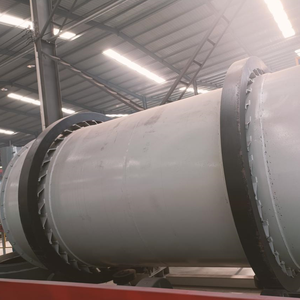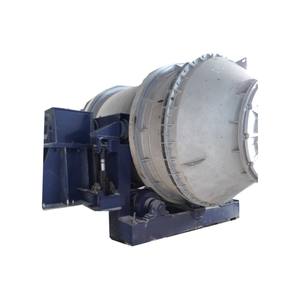The technically accurate and professionally recognized term for an individual who operates heavy machinery is a Heavy Equipment Operator (HEO). This designation encompasses a broad spectrum of skilled professionals responsible for the safe, efficient, and precise handling of large, complex machinery across numerous industries. While colloquial terms like “equipment driver,” “machine operator,” or simply “operator” are sometimes used informally, “Heavy Equipment Operator” is the standard professional title within engineering, construction, logistics, and industrial contexts. The specificity of this term is crucial for several reasons, reflecting the significant responsibilities and expertise required for the role.
(What Do You Call A Guy Who Operates Heavy Machinery)
Firstly, heavy machinery represents a distinct category from standard vehicles or light industrial equipment. These machines – including excavators, bulldozers, loaders, graders, cranes, dump trucks (articulated or rigid frame), pavers, and large forklifts – possess unique operating characteristics, substantial power, significant mass, and complex hydraulic or control systems. Operating them demands specialized skills far beyond basic vehicle driving. Referring to the individual as an “Operator” rather than a “Driver” emphasizes the technical complexity involved. Operators manipulate multiple levers, pedals, and joysticks simultaneously, often requiring precise coordination for tasks like grading to exact tolerances, lifting multi-ton loads with cranes, or excavating trenches without damaging underground utilities. The term “Operator” captures this intricate control requirement.
Secondly, the role demands rigorous training, certification, and ongoing competency assessment. Professional Heavy Equipment Operators typically undergo formal apprenticeship programs, vocational training, or extensive on-the-job training under experienced mentors. They must master machine-specific controls, safety protocols, pre-operational inspections, basic maintenance procedures, and understanding engineering drawings or site plans. Certifications, often mandated by regulations (like OSHA in the US) or industry bodies (such as the NCCER), validate their competence. Using the precise title “Heavy Equipment Operator” acknowledges this formalized skill set and the certifications held, distinguishing them from operators of less complex equipment.
Thirdly, safety is paramount. Heavy machinery operation carries inherent risks – to the operator, ground personnel, bystanders, and infrastructure. A Heavy Equipment Operator bears significant responsibility for hazard identification (overhead lines, unstable ground, blind spots), implementing safe work practices (Lockout/Tagout – LOTO), effective communication (using hand signals or radios), and strict adherence to site safety plans. The professional title underscores this critical safety role and the accountability that comes with it. Clear terminology in procedures, permits, and site communications is essential for maintaining a safe work environment. Ambiguity can lead to dangerous misunderstandings.
Furthermore, specialization often exists within the field. While “Heavy Equipment Operator” is the umbrella term, individuals may be further specified by their primary machine or work environment: Crane Operator, Excavator Operator, Bulldozer Operator, or Underground Mining Equipment Operator. However, a skilled HEO is often proficient across multiple machine types. The core title remains foundational.
The importance of correct terminology extends beyond mere semantics. In engineering documentation, project specifications, safety manuals, job descriptions, and incident reports, precision is critical. Referring to the role accurately ensures clarity in assigning responsibilities, outlining required qualifications, documenting training records, and investigating incidents. It fosters a professional culture that respects the significant skill, training, and responsibility inherent in operating these powerful machines.
(What Do You Call A Guy Who Operates Heavy Machinery)
In conclusion, the individual proficiently handling the complex controls of excavators, dozers, cranes, and similar large-scale machinery is professionally designated as a Heavy Equipment Operator (HEO). This term accurately reflects the specialized technical skills, mandatory certifications, profound safety responsibilities, and the significant operational complexity involved. Moving beyond informal labels like “driver” or vague terms like “worker” to use the correct professional title is essential for clear communication, upholding safety standards, recognizing the required expertise, and maintaining professionalism within engineering and industrial operations. The Heavy Equipment Operator is a vital, skilled professional whose expertise directly shapes the built environment and industrial output.


